If you are looking forward to building a career in finance, then you have many options available today. To aid you in your preparation for CFA Level 1 Examination you may check out some of the CFA Level 1 Preparatory Courses on Elearnmarkets.com.
It is often seen that a student is pursuing a particular course just because their friends are pursuing it. Sometimes they also enroll in courses due to any family pressure or simply because it’s in a trend. Ideally, the choice should be based on individual’s professional goals. Simply knowing where you want to head in the future makes you enjoy life much more.
Among the various career options in the finance industry, you can choose from Chartered Accountancy, Company Secretary, MBA, CFA, etc. There are always many doubts in the mind of the students regarding these, and they are often confused about which one to opt for. So, let’s understand in brief what each course has to offer:
MBA
Master’s Degree in Business Administration (MBA) is a 2-year full-time program. There are a few accelerated 1-year programs, and some part-time programs too. However, the full-time programs are deemed to be of better value by the industry.
In this course, the candidates are introduced to different areas of businesses like finance, human resources, marketing, accounting, etc. Pursuing the program from top 10 or 20 B-Schools gives a boost to your career. However, getting into the top B-School is not very easy, as you need to have a good educational track record. Apart from this, you have to clear your entrance exams successfully and clear the GD’s and personal interviews. The path after MBA depends on various factors, including your work experience, areas of interest and on your skills. However, the people with good work experience can opt for the Executive MBA.
CFA
Chartered Financial Analyst is a certification program offered by the CFA Institute of USA. CFA course is highly respected and recognized worldwide by different Global Banks and other financial institutions. You need to clear 3 levels and meet other professional requirements successfully to become a “CFA Charter Holder”. You can even enroll in this course after you clear your Class 12 examinations or equivalent. Moreover, you do not need to have a finance background to pursue the course.
The CFA course will equip you with knowledge on a wide variety of subjects which includes the following-
- Portfolio Management
- Corporate Finance
- Fixed Income
- Equity
- Alternate Investment
- Ethics
- Financial Reporting Analysis
- Economics
- Quantitative Methods
- Derivatives
Comparison
Both the courses have their own benefits, but studying MBA involves a very high expense, while CFA is more difficult to pass.
It is generally believed that studying MBA would give you general business skills, but not any knowledge about specialized asset management functions like portfolio management, etc. In short, the MBA program will give you a general overview about business, and knowledge on a variety of disciplines like finance or marketing while the CFA program would help you to master some specialized skills such as asset allocation, portfolio strategy etc.
Another benefit of doing an MBA is that it can be applied in any industry and not only in the field of investments, as is the case of CFA. This may open up many more job opportunities for you
The decision regarding which one you should choose totally depends on your end goal. If you want to become a specialist in the field of finance, then CFA should be the right choice for you. However, to build a wider business perspective, MBA would be a better option.


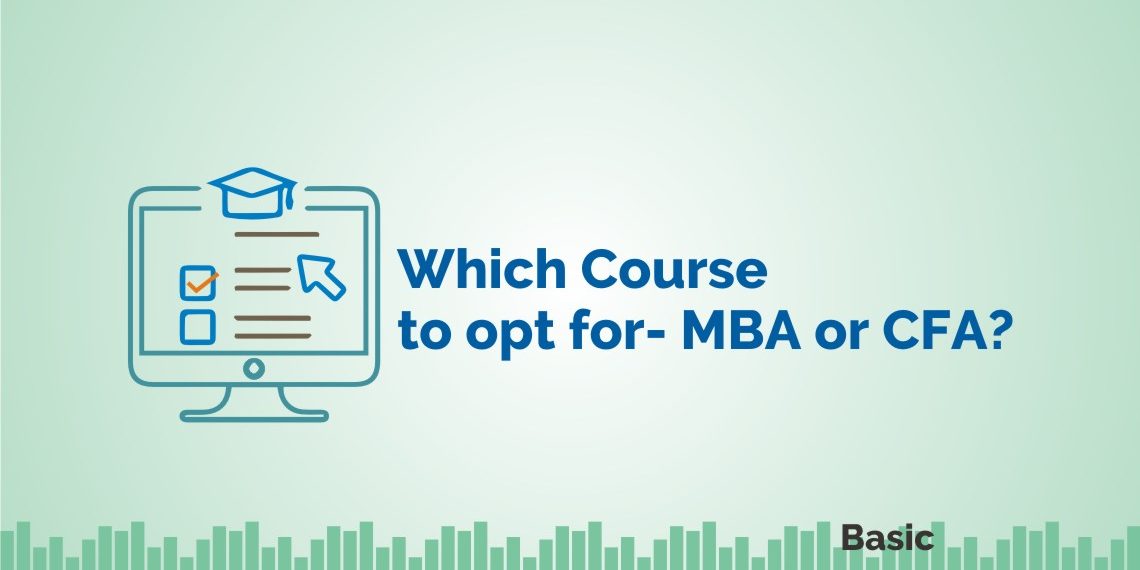

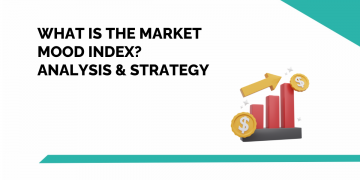
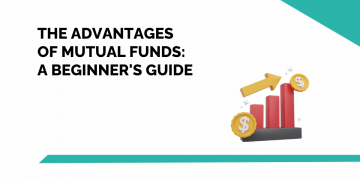
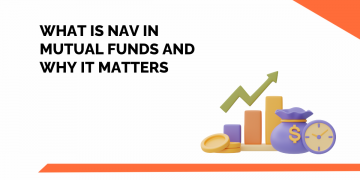
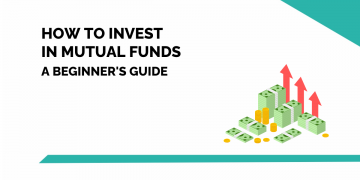

Very good content,very much knowledgeable.
Great article. Made my day.
Thanks!